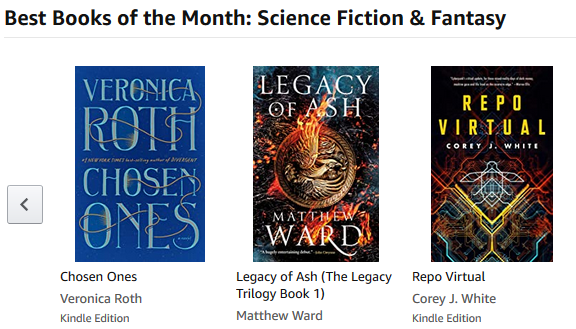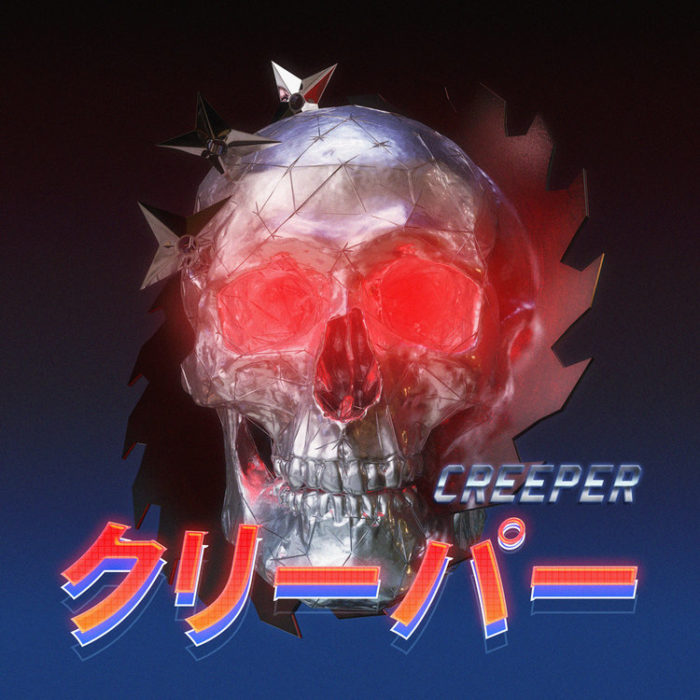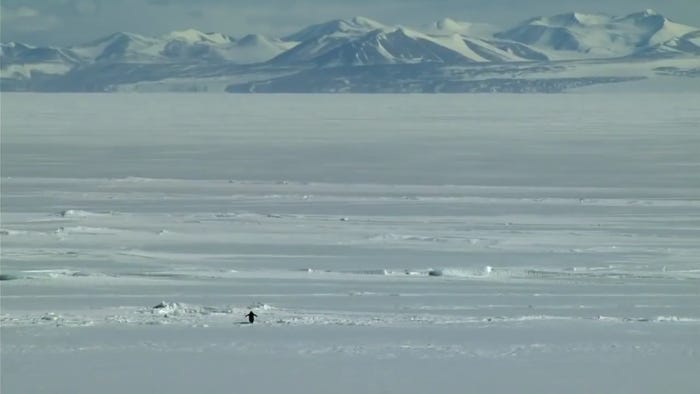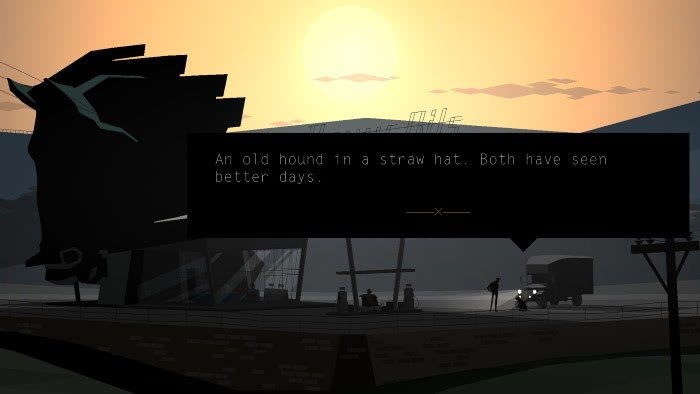There was a chunk from a recent Technoccult newsletter that I had considered sharing in nothing here. It would have been too large a quote, especially after I had a chance to add whatever commentary to it I felt necessary. But it’s still something I want to talk about, so… blog post.
Writing in Technoccult, Damien Williams says:
The majority of the people who want to pin [mass shootings] as “Mental Illness” are just out to reinforce all the structurally ableist notions we have about mentally ill people, including the fact that it makes it, once again, the personal “failings” of a single individual, rather than the systemic, cultural failures that incite, inspire, reinforce, and encourage these men toward these actions. Our attitudes towards violence, and about who a “valid recipient” of that violence is. Our attitudes about who “really deserves” what—food, shelter, cultural resources, access to another person’s body—and what is or isn’t okay to do about either a) someone “taking” what they “don’t deserve” or b) not being “given” what we “do deserve.”
If you are raised and trained, every day, by, let’s call it 85% of the people and cultural products you consume, much of which has built directly into it a disincentive to take seriously any opposing position, then is it reasonable to mark as “mental illness” the following of that education to one of its logical conclusions? And, if so, then doesn’t that make the whole culture sick?
Because I think, quite seriously, the whole culture might be sick.
And I think, looking back, there is a crux, a particular point of inflection, when every piece of pre- and peri-millennial possibility—every attitude or technological hope, each mythic future potentiality— feels like it was inverted at its moment of highest vulnerability, right as the Millennium™ was waking up… And i think, if we’re honest, it feels like we’ve never fully recovered.
Like we’ve just gotten progressively meaner, and harder, and more afraid, and more paranoid, and more spitefully willing to fuck ourselves into oblivion to prove some kind of point.
I don’t know how to fight an illness of the collective cultural consciousness. I know how to promote the culture I want to catch on—the plays, the comics, the TV, the music, the illustrations, the films, the poetry, the paintings, the stories and essays. I know how to spread those far and wide and shout about them from the rooftops. But I don’t know how to heal or carve out the hate, the fear, the nihilism, the frustrated and entitled rage that says “It’s All Their Fault And You Should Kill Them.”
When I’m just one person, who writes and talks. When I’m not wealthy and my rooftops aren’t that high and my voice and lungs are, quite frankly, tired from shouting. When I don’t even know anymore whose ear to whisper in, or whose eye to catch that might actually be able to do some good at a broader and deeper reach than I have. Is it you? I kind of hope so.
If you’re reading this, you can do this, and I really hope you will. Promote culture you want to see. Build communities of compassion and exploration of the possibilities of what we can do and how we can live. Be loud, be brave, be ready.
Because we need each other now, as much as or more than ever.
And after I put that in our shared newsletter doc, Austin pointed me at this piece by Darren Allen:
What passes for culture is not culture — the wild — but cultivation — domestication; the covering of the unnatural inner life of men and women with superficially stimulating effects, dead knowledge divested of its living core and the economically and socially profitable pretense of art:
To be cultivated means: to hide from oneself how wretched and base one is, how rapacious in going for what one wants, how insatiable in heaping it up, how shameless and selfish in enjoying it.
Culture is dead, for the same reasons that nature is. Everything that can be said about the death of nature, everything we know about why it is happening — the insensitivity, cowardice and greed that lead to its destruction — along with everything we know about the effects of an unnatural life on human beings — the confusion, misery and corruption that result from being estranged from the wild; all this applies to culture also. Culture is supposed, like nature, to produce true human beings. That is its purpose — or can be said to be. Really nature and culture have no purpose, they are ends to themselves; there is no ‘why’ to them, yet this is the inevitable result of their ‘what’ — the genius of mankind which, because nature and culture are dead, is dead also.
Look around you now at the stunted men and women in your town — good people sometimes, even brimming with potential, but so drastically reduced; limited, cut-off from life, half-dead and, in many cases, quite insane. Look at how many geniuses surround you — real human geniuses I mean, not the fantastic automatons that can win fifty games of chess simultaneously or play the piano with their feet; I mean miraculously beautiful and utterly unique people, able to ‘hit the mark that no-one can see’. Not too many of those. They are as easy to find as eagles and tigers, and for much the same reason. There is no habitat for them, no sustenance, no society that recognises them, no ecosystem for them to fit into. The entire point of education, work, law, politics and the propaganda of the world is to destroy — or at best ignore — them. When they do appear, they seem like eagles and tigers — terrifying, out of place or a cause for titillating excitement. Freaks.
Culture may be dependent on nature, which is to say, on an expiring wasteland, it may be forced into unnatural channels, like this machine you are reading these words on, and it may be at its last gasp. But — it only takes two of us to nourish it. Two people can keep the flame lit. I don’t mean passing on book recommendations and sending copper disks into time-capsules, I mean passing on the spirit of mankind, the instinct that seeks above all its own uniqueness, or genius. It only takes two people to love that, to recognise its reflection in great art and wild nature and to be courageous enough to make sacrifices for it — to suffer for it — for culture to live. And those two people are me, and thee.
I’ve been reading a lot of Mark Fisher lately. Largely that’s because I’m slowly going through the massive tome that is K-Punk, but also I’ve read Capitalist Realism and The Eerie and the Weird recently, and the cultural sickness/death that Damien and Darren talk about is definitely something both explicitly and implicitly detailed in Fisher’s writing. Following the history of late 20th Century pop and dance music he can expertly detail the cultural shifts away from the new, the futuristic, the forward-looking, and the political, and (being Mark Fisher) he ties this into the neoliberal “End of History” – this flattening of culture in music, film, etc, as the broader sociopolitical culture insists that we have reached our peak.
And it’s hard to argue. You don’t need to look too far to see the cultural saturation of nostalgia and pastiche. From our politics (though, really, that’s fauxstalgia), to T-shirt designs on Instagram littered with imagery from 80s and 90s cinema, to some of the biggest shows of the moment – The Walking Dead (a “prestige” rehash of all the zombie stories we’ve already seen), and Stranger Things (pure, weaponised 80s nostalgia). Hell, Lovecraft is a perfect example of this. I think there’s plenty of great stuff coming out of Lovecraft-response fiction (Providence, The Ballad of Black Tom, A Song for Quiet, The Dream-Quest of Vellitt Boe, etc), and plenty of people are doing interesting things around Lovecraft and philosophy, but this is still a widespread (sub/counter-)cultural obsession with stories that were written 90 years ago.
(Or maybe I’m being too harsh with that last example. I think there is value in revisiting products from the past if you can do it without nostalgia – do it with a critical eye and a sense of creating something worthwhile. I think that’s why the Lovecraft response works – he was “just” a pulp writer at the time, and was thus largely overlooked, so there still remains facets of his work worth interrogating.
So, rehashing and referencing some of the biggest cultural products of a previous era (*ahem* Stranger Things and Spielberg) can feel creatively bankrupt, but that doesn’t mean we can’t go back to the overlooked and under-valued works from that same era. It’s like looking to the past and seeing what could have been – where could our culture be now if something different had risen to the top? What might we be creating and consuming today if things had gone differently?)
I was saying just the other day that I can’t remember the last time I was shocked by a novel that was truly new. I know the truly new is out there, but it’s coming from writers and artists who are marginalised and are having to release their work on their own or through minor markets. So much of what’s released today fits into that comfortable zone – the same but different. And I don’t know how much of this is purely down to marketing having warped all our minds. It might be reductive, but the best elevator pitch is “It’s like X, but Y!”, and this has trickled down into how we talk about art, and undoubtedly how we think about the art we’re creating. (I’m not immune to this. As original and personal as I like to think my work is, it’s not hard to draw comparisons).
But recently I’ve found a few shards of the new. I’ve come across the writing of Elytron Frass (in Creeper and elsewhere), which is weird and fucked-up, and mind-bending in the best sort of way. And I found the music of MY DISCO, who simply need to be seen live to be comprehended (links here and here). And in the space of gaming there are countless talented developers creating truly bizarre and/or deeply personal works of art – The Cat Lady comes to mind, which I recently started and found stunning in its sense of singular purpose in the way it explores depression, suicide, and responsibility through the lens of a nightmarish afterlife. I plan to return to it soon and write about it in more detail – that’s how impressed I was.
With any of these examples I could be reductive if I wanted to, and draw comparisons to other works or other artists, but for obvious reasons (it’s right there in the word) this simply diminishes the work, flattening them into something palatable instead of letting them stand on their own weird feet. I need to avoid this impulse. If a work of art deserves nothing but comparison, then make comparisons, but if it contains that spark of the new and the weird, let it be.
I don’t know what the answer is. I’m not even sure of the question. But I agree with Damien that our culture is sick. Our precarious worklives, the way our agency and freedoms are slowly being stripped away from us due to “threats” of “terrorism” and the ubiquity of surveillance apparatus, the flood of social/media outrage keeping us agitated – all of it works to ensure that we are too tired and/or depressed to create or consume anything that is truly new. We need the familiar because it is all we have the energy to digest.
But both Damien and Darren end on a positive note – a call to community. And if you read the nothing here newsletter you know I’m all about community too – it’s happening slowly, but we’re definitely building a network of interesting thinkers and creators through the newsletter and through Oh Nothing Press.
There’s still a chance that we can cure the culture in our own worlds and lives – start interesting conversations, suggest interesting art and philosophy that can help change our thinking, avoid social media and the mainstream and the homogeneous culture it’s trying to shove down our throats. Share the things you love, and challenge yourself to create things that might be different – different to what you might normally do, different to what your peers are doing. Simply make an effort. We can’t all be the eagle-tiger geniuses who can reinvigorate a dying culture, but we can be the sorts of people on the look-out – we can be searching and scouring for something to break through the malaise so that when it comes we can embrace it.
We need to understand our cultural history, yes, but we can’t get lost in it. We can’t lose ourselves in endlessly rehashing old milieus. We need to strive for something more than that.
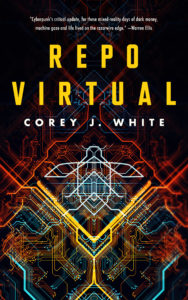 I’ve got high hopes for this novel, but it’s hard to know how it might go with a global pandemic leaving thousands dead and millions unemployed. Whether or not my book does well seems a very minor concern right now, but I hope if nothing else it might give people a break from ubiquitous Coronavirus news for a few hours.
I’ve got high hopes for this novel, but it’s hard to know how it might go with a global pandemic leaving thousands dead and millions unemployed. Whether or not my book does well seems a very minor concern right now, but I hope if nothing else it might give people a break from ubiquitous Coronavirus news for a few hours.